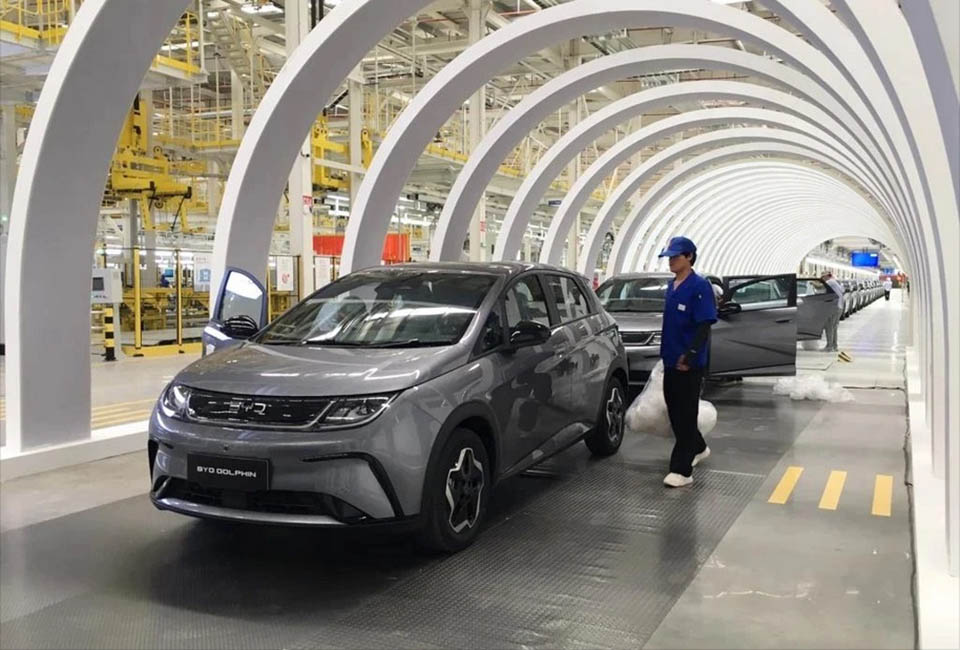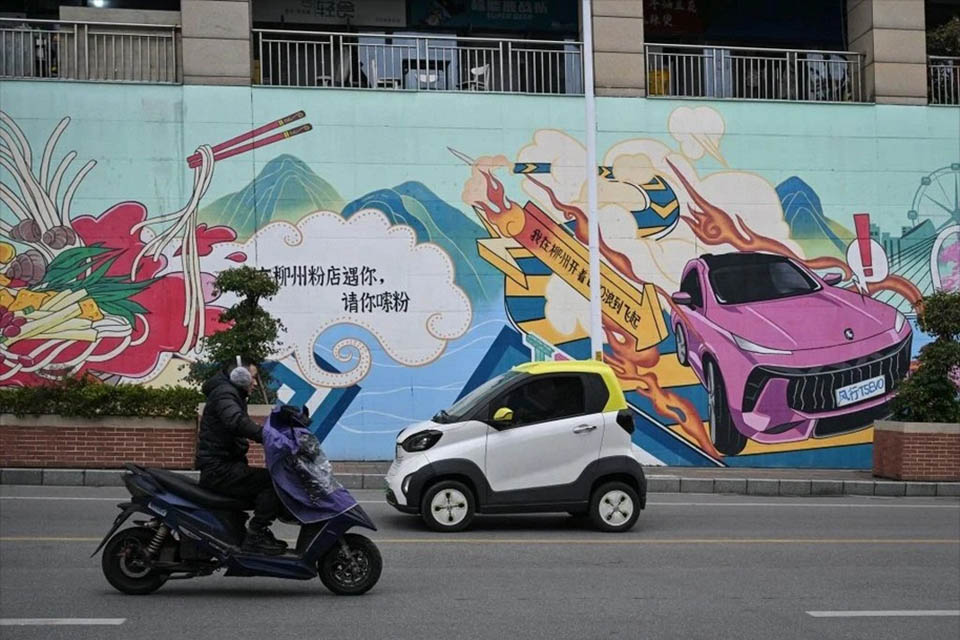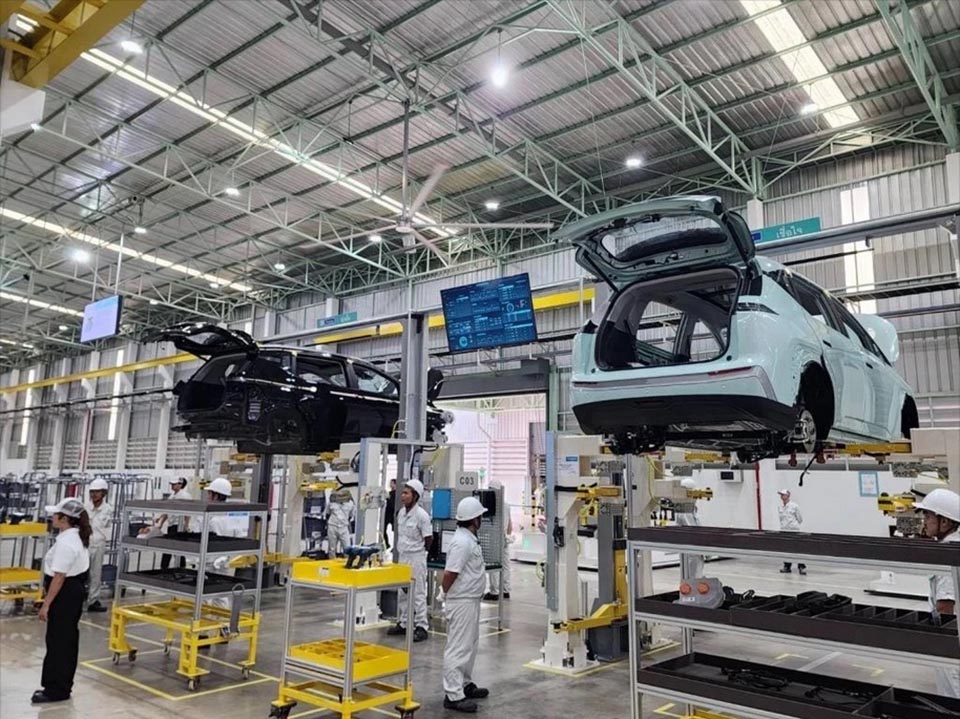
The electric vehicle (EV) market saw two major developments in the latter half of 2024. First, global sales of EVs, including both battery electric vehicles (BEVs) and plug-in hybrids (PHEVs), continued to rise, defying earlier concerns of a slowdown. In July, sales increased by 21%, with China emerging as the top-performing market. Despite a decline in Europe’s EV sales, China’s strong growth in 2024 helped push the global market forward.
The second big news came from Samsung, which introduced a groundbreaking solid-state battery that enables EVs to travel up to 900 kilometers on a single charge. This new battery, with an energy density of around 500 Wh/kg—double that of current EV batteries—can charge fully in just 9 minutes and boasts a lifespan of 20 years. Samsung’s innovation addresses key concerns for potential EV buyers, particularly regarding range and charging speed.
In terms of sales figures, Rho Motion reported that global EV sales in July reached 1.35 million units, with China alone accounting for 880,000 units, a 31% increase year-over-year. In contrast, European sales fell by 7.8%, with Germany, the region’s largest market, experiencing a 12% decline. Meanwhile, sales in North America, including the U.S. and Canada, rose by 7.1%.

Plug-in hybrids are gaining traction, especially in China, where PHEV sales jumped by 70% in the first seven months of 2024. BYD, China’s largest automaker, reported a 44% increase in PHEV sales and a 13% rise in BEV sales.
Despite a 5% decline in overall vehicle sales in China in July, EV exports surged by 20%. The China Passenger Car Association reported that EVs now make up 51% of all new vehicle sales in the country, a sharp increase from 36% in the same period last year.
China’s aggressive push towards EVs, supported by government incentives, has helped the country surpass traditional combustion engine vehicles for the first time. This shift in the Chinese market is expected to have a profound impact globally, with Chinese EVs making significant inroads into international markets.

Meanwhile, Samsung’s new battery technology signals a breakthrough that could reshape consumer perceptions of EVs, enhancing their appeal with greater range, faster charging, and longer battery life. As other EV manufacturers continue to develop more efficient batteries, the competition in the electric vehicle space is set to intensify.
As the global transition to electric vehicles accelerates, the EV market remains dynamic, with China leading the charge and innovations like Samsung’s battery paving the way for future advancements.








